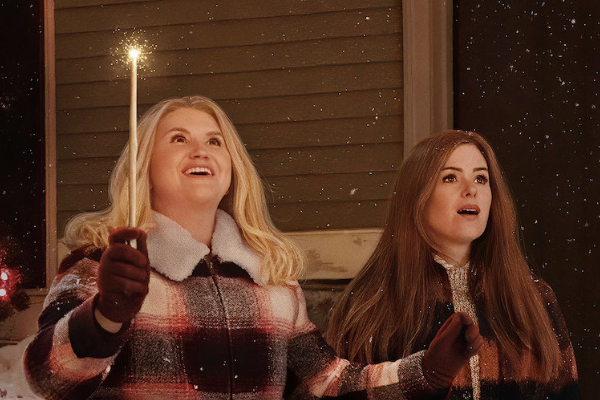Dec 17, 2020
While Godmothered and its fairy are far from cinematic perfection, by the time the credits roll, Eleanor and Mackenzie have helped each other step more fully into who they both truly were meant to be. In this way, their relationship — minus the wand, the fairy dust, and any promise of true-love-happily-ever-afterness — more realistically resembles actual godparenting.
Read the Full Article

Already a subscriber? Login
